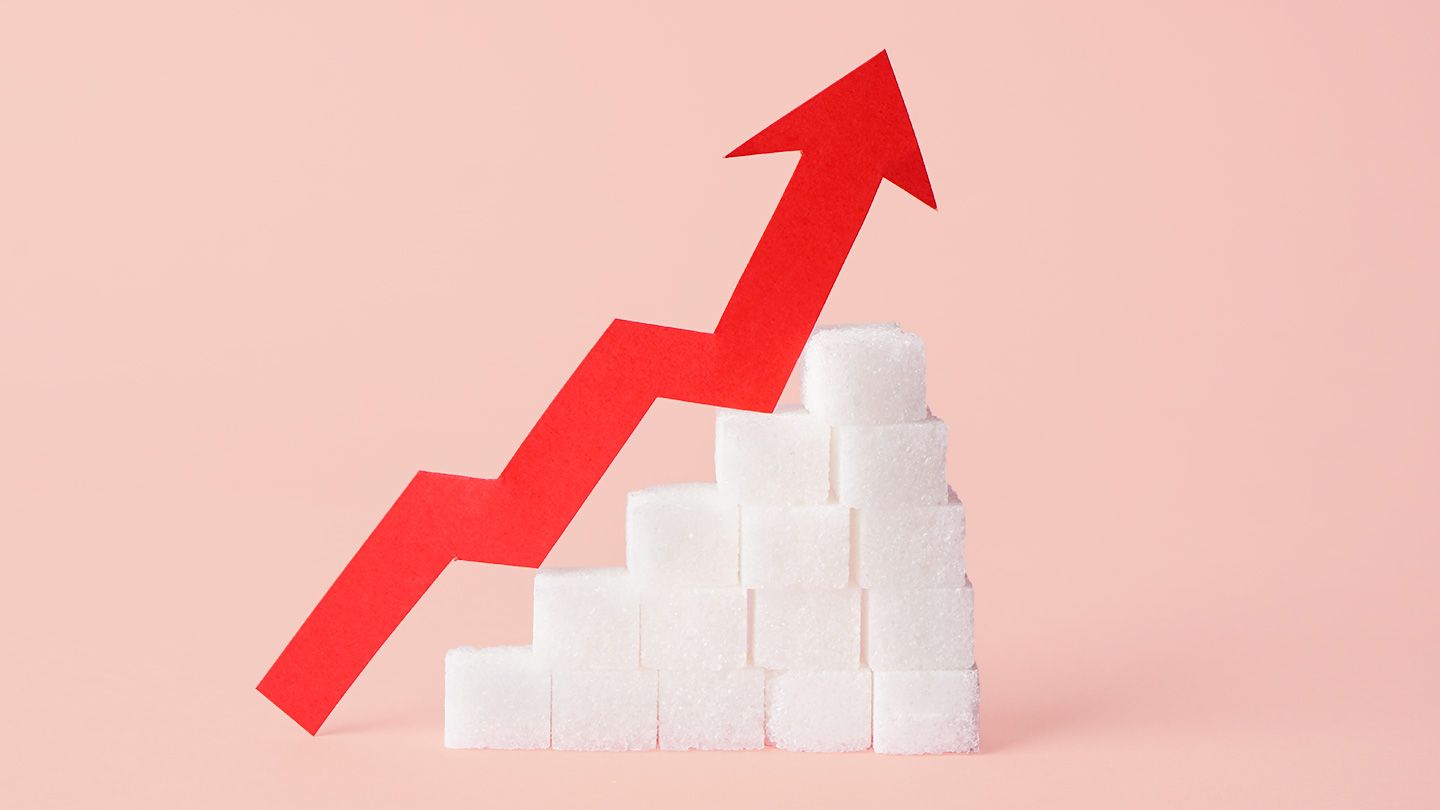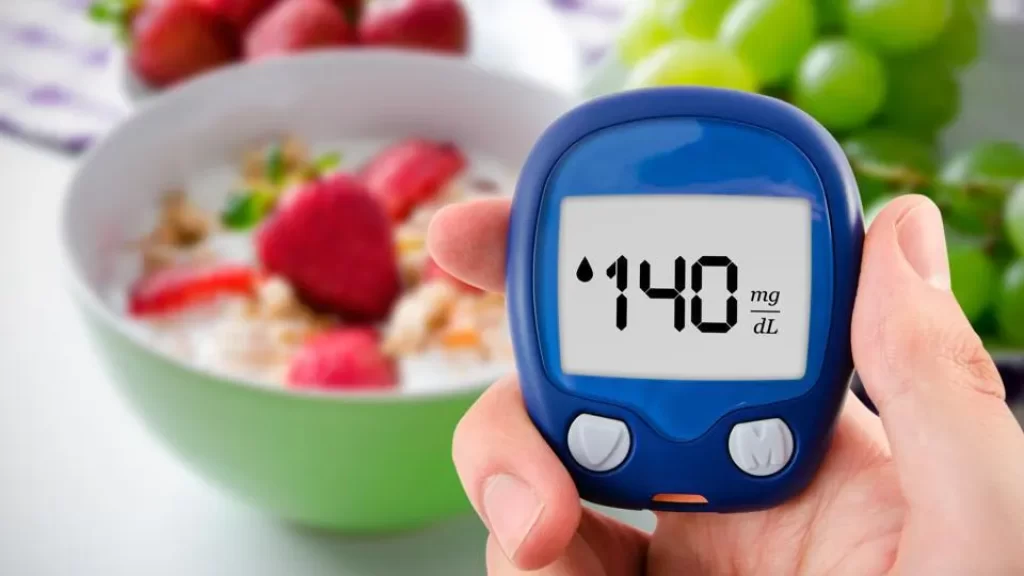
Should you be worried about high blood sugar levels even if you’re not diabetic? Wellness influencers often tout remedies like lemon juice, apple cider vinegar, and oats to curb sugar cravings and stabilize blood sugar spikes. But should you take their advice with a pinch of salt, or is there some truth worth investigating?
On Instagram, TikTok, YouTube, or X, you’ll find numerous accounts focused on preventing blood sugar spikes and curbing sugar cravings. Wellness influencers abound, with some advocating for breakfast oats to benefit blood sugar levels while others vilify oat milk in your morning coffee.
Moreover, posts celebrating lemon juice or apple cider vinegar as remedies for leveling out glucose spikes are ubiquitous. There are also claims that eating your meal in a specific sequence, such as consuming vegetables and meat first, can help temper the rapid increase in blood sugar. But are these tips truly effective or just wellness myths? Let’s delve into the science behind these popular claims.
The plethora of conflicting information can be confusing, leaving you to wonder: Do you need to monitor your glucose levels even if you’re not diabetic?

IS GLUCOSE THE NEW ENEMY?
Understanding the role and function of glucose, including how it’s created and metabolized by your body, can be incredibly helpful. Dr. Andre Tan, a consultant with Alexandra Hospital’s Department of Medicine, Division of Endocrinology, explains that the food you eat is digested into essential components like sugar (glucose), amino acids, and fatty acids.
In the case of sugar or glucose, it is either used to produce energy for the body or stored for later use. Dr. Tan explains, “Insulin is the hormone responsible for transferring glucose into the body’s cells for utilization. In healthy individuals, there is typically an increase in blood glucose levels after a meal, but this is regulated by the release of insulin.”
So, does this mean that increases in blood sugar or glucose after eating are normal and expected? It depends on the extent of the increase.
For non-diabetic individuals, it’s considered normal if their blood sugar levels don’t exceed 7.8mmol/L (140mg/dL) 90 minutes after eating, according to Wong Hui Mei, Gleneagles Hospital’s principal dietitian, who references the International Diabetes Federation. “While occasional glucose spikes after consuming sugary meals, snacks, or drinks are common, it’s unlikely for a healthy, non-diabetic person to experience excessive spikes following a typical, balanced meal,” she notes.
Dr. Chan Soo Ling, a consultant with Ng Teng Fong General Hospital’s Department of Medicine, Division of Endocrinology, adds that glucose spikes can also occur after taking certain medications or during severe illness or infection, even in otherwise healthy individuals.
SHOULD WE WORRY ABOUT HIGH GLUCOSE LEVELS IF WE DON’T HAVE DIABETES?
According to Jaclyn Reutens, a clinical and sports dietitian at Aptima Nutrition and Sports Consultants, frequent glucose spikes could indicate a risk for pre-diabetes or diabetes, so it’s essential to monitor them closely.
The process begins in your pancreas, responsible for secreting insulin. Dr. Chan explains, “Your pancreas has to work extra hard to release insulin and bring the sugar level down to the desired normal range.” This involves signaling the liver, muscles, and fat cells to store excess glucose, thereby reducing the glucose level circulating in the blood.
Dr. Tan warns that in the long term, the continuous production of insulin can strain the pancreas, leading to its exhaustion over time. “As a result,” he explains, “glucose struggles to enter cells for energy production or storage, causing it to rise significantly after meals.”
Dr. Chan adds that prolonged and repeated sugar spikes can cause an accumulation of excess glucose in the liver and fat cells, particularly those surrounding visceral organs. This accumulation can lead to insulin resistance, where the action of insulin is compromised, and it becomes difficult to maintain blood sugar levels within the desired normal range.
Regular glucose spikes can have far-reaching consequences beyond prediabetes and Type 2 diabetes. Jaclyn Reutens notes that these spikes are often followed by sugar crashes, leading to sudden hunger pangs, cravings, poor sleep, reduced concentration, and fatigue. Over time, these symptoms can result in poor food choices, increasing the risk of certain cancers, PCOS and infertility, and liver problems.
Wong Hui Mei also cautions that long-term blood glucose spikes can cause blood vessels to harden and narrow, potentially leading to serious cardiovascular events like heart attacks or strokes. It’s important to manage blood sugar levels effectively to mitigate these risks and maintain overall health.
If you experience frequent glucose spikes or are concerned about your metabolic health, consulting an endocrinologist in Singapore can help with proper evaluation and personalized treatment.




